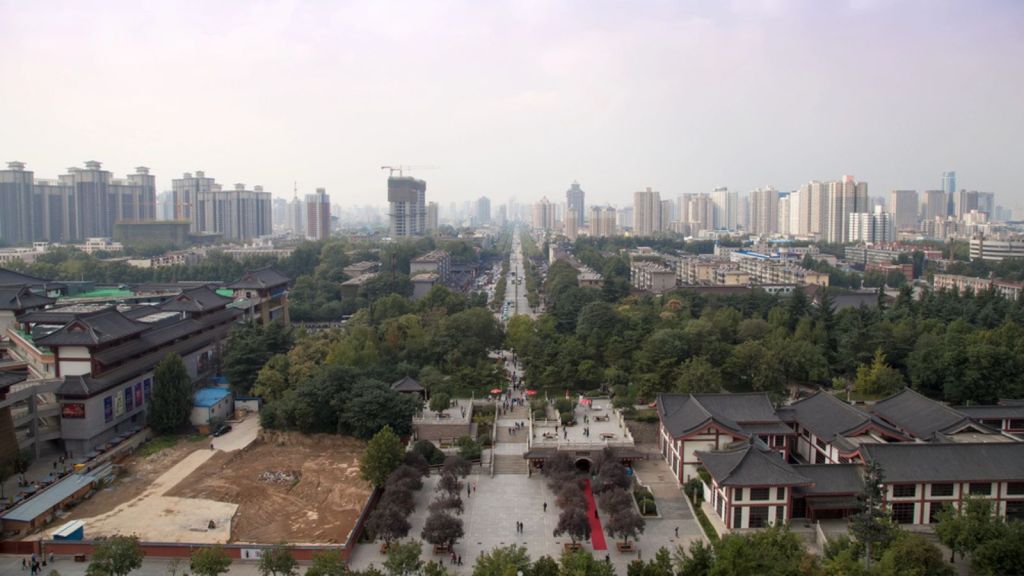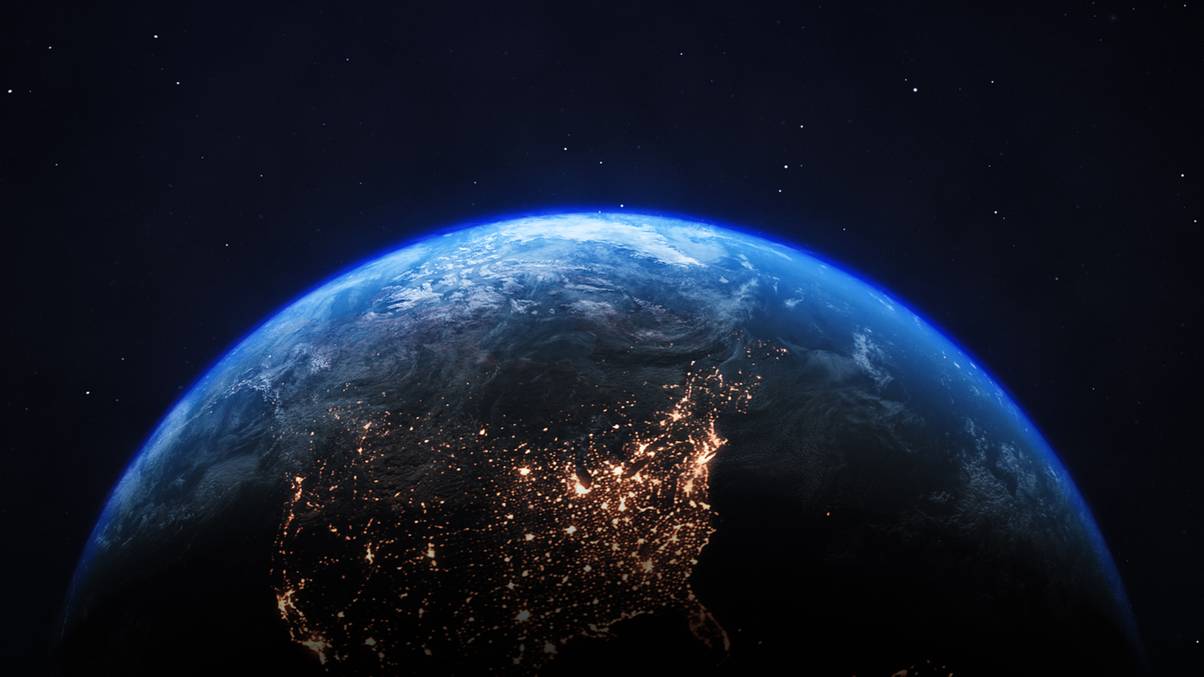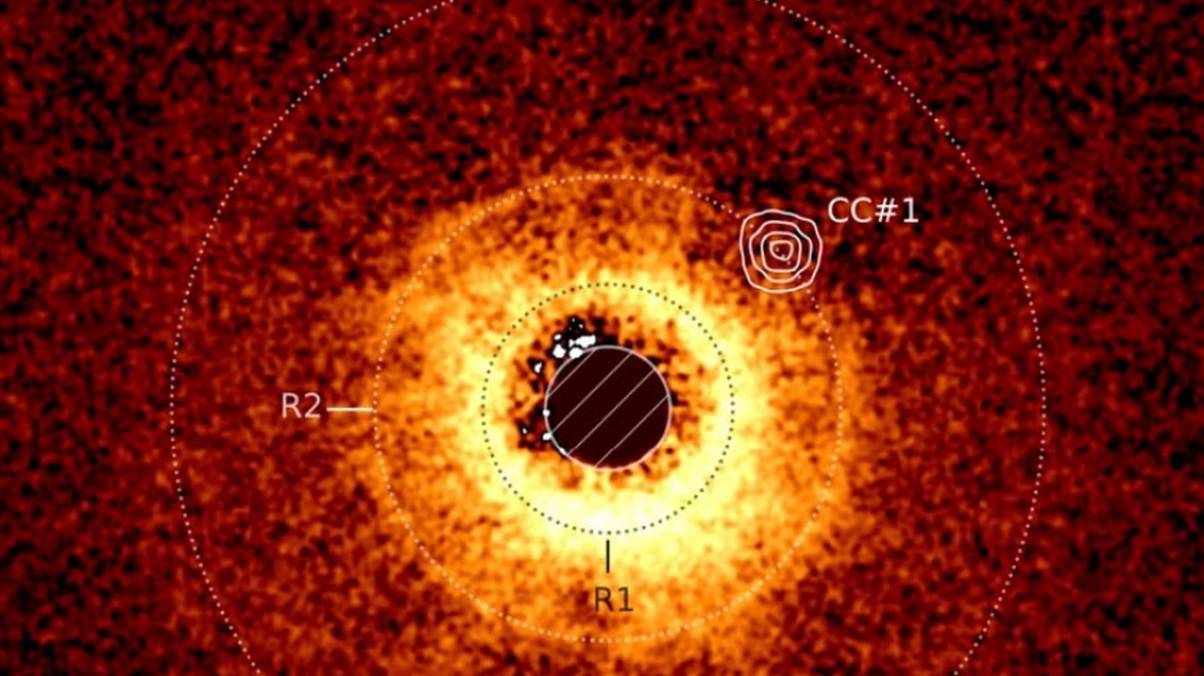“Discover the Shocking Truth Behind the 14 Most Catastrophic Earthquakes Ever Recorded!”
9. Tōhoku Earthquake and Tsunami, Japan – 2011


The 2011 Tōhoku Earthquake was a double disaster. First came the 9.0 magnitude quake, then the tsunami that swept across Japan’s northeast coast, reaching up to 133 feet in height. Over 15,000 people were killed, and entire towns were washed away. The tsunami also triggered the Fukushima nuclear disaster, adding a new dimension to the tragedy.
This event altered Japan’s approach to disaster preparedness, especially regarding nuclear safety. The 2011 disaster is a sobering reminder of the risks faced by coastal communities and the importance of vigilance in areas prone to natural disasters. For many, it was a call to respect the ocean and the power it can unleash.
10. Valdivia Earthquake, Chile – 1960


On May 22, 1960, Chile was rocked by the most powerful earthquake ever recorded, a magnitude 9.5 quake near Valdivia. It caused tsunamis that reached as far as Hawaii, Japan, and the Philippines, and over 6,000 people lost their lives. The quake reshaped the coastline, created new islands, and even caused local rivers to change course.
The Great Chilean Earthquake is a key chapter in Chile’s history, sparking advancements in earthquake engineering and resilience. This massive quake still serves as a benchmark for seismic studies and remains a testament to the power of the forces below our feet.
11. Assam-Tibet Earthquake – 1950


The Assam-Tibet Earthquake, or the 1950 Medog Earthquake, struck a remote area along the China-India border with a magnitude of 8.6. Landslides and flooding followed the quake, destroying villages and leaving around 4,800 people dead. The rugged, mountainous terrain made rescue efforts tough, as landslides blocked roads and cut off entire communities.












